
One toolkit, one hundred aspirations: young entrepreneurs share their journey to sustainability
The Possibilists’ 2023 report on youth innovation found that 92% of young changemakers want to contribute to pressing global issues, and 31% of those surveyed are working on climate action. At YBI, we’ve witnessed similar trends throughout our global network, with our members supporting more and more young entrepreneurs building businesses that deliver profit with purpose and sustainability in mind.
We are committed to supporting young entrepreneurs to build businesses that value the protection of people and the planet. That’s why, in September 2022, we launched a new programme funded by JPMorgan Chase to support underserved young entrepreneurs in Germany, France, South Africa, Spain, and the UK to build more sustainable businesses. Last summer, our members KIZ, POSITIV, Fetola, Youth Business Spain, and Hatch ran the first Sustainability Toolkit pilot, delivering training to a total of 100 business owners. We caught up with some of the participants from the pilot training to learn about their sustainability aspirations and the impact this training has had six months on.
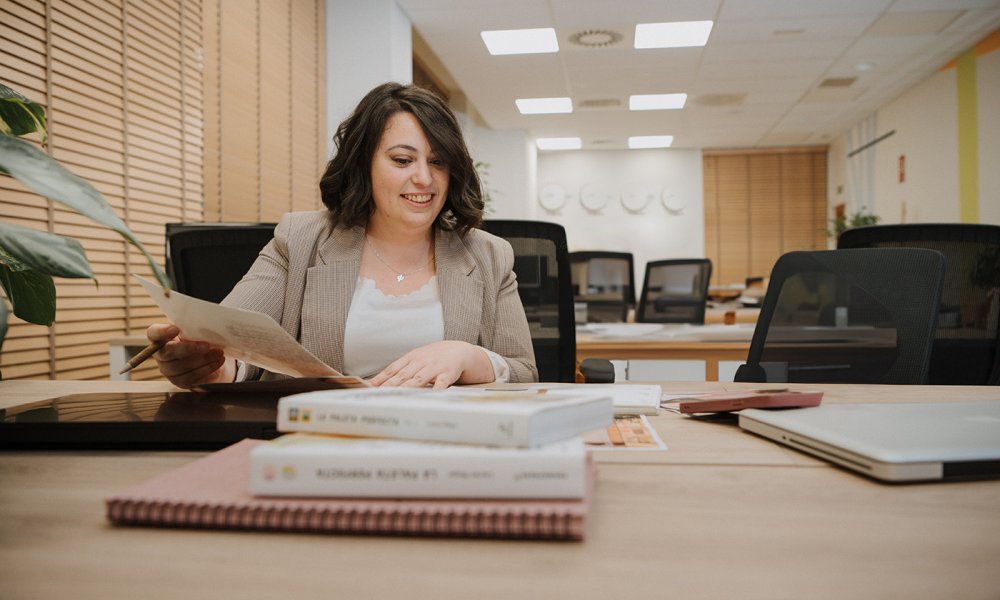 Mireia, 31, supported by Youth Business Spain
Mireia, 31, supported by Youth Business Spain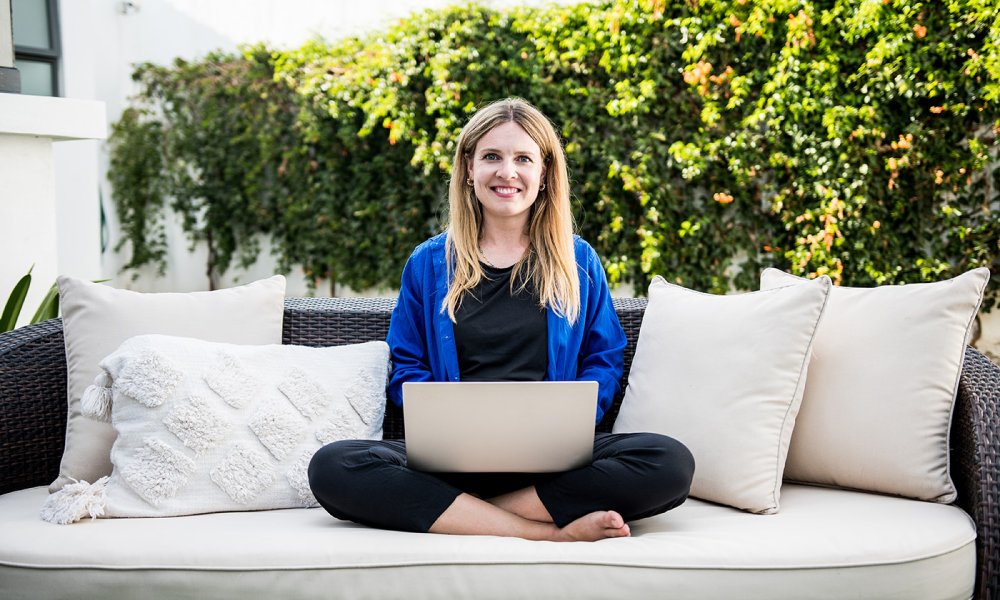 Stella, 28, supported by KIZ
Stella, 28, supported by KIZ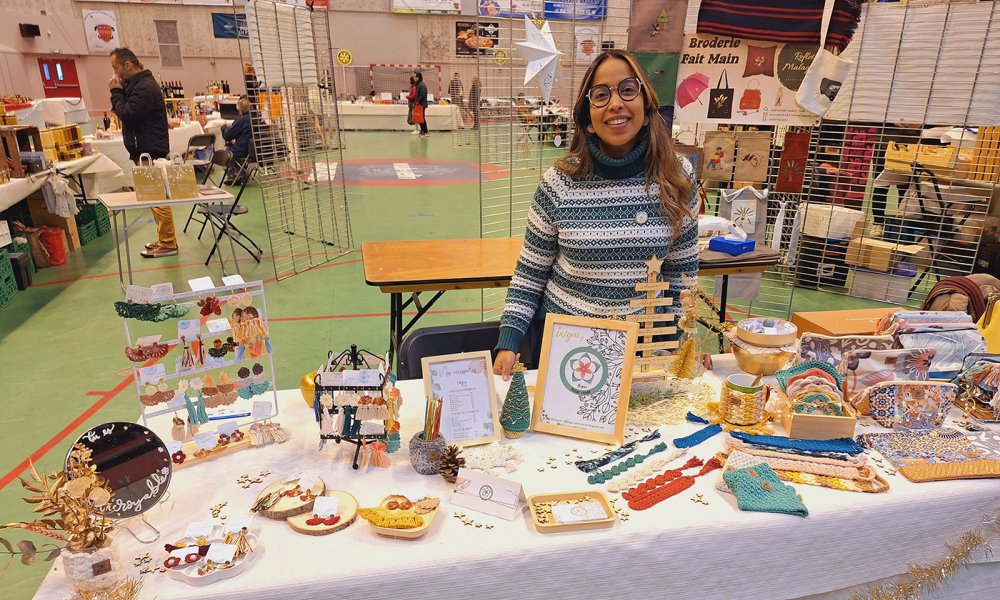 Isamar, 31, supported by POSITIV
Isamar, 31, supported by POSITIV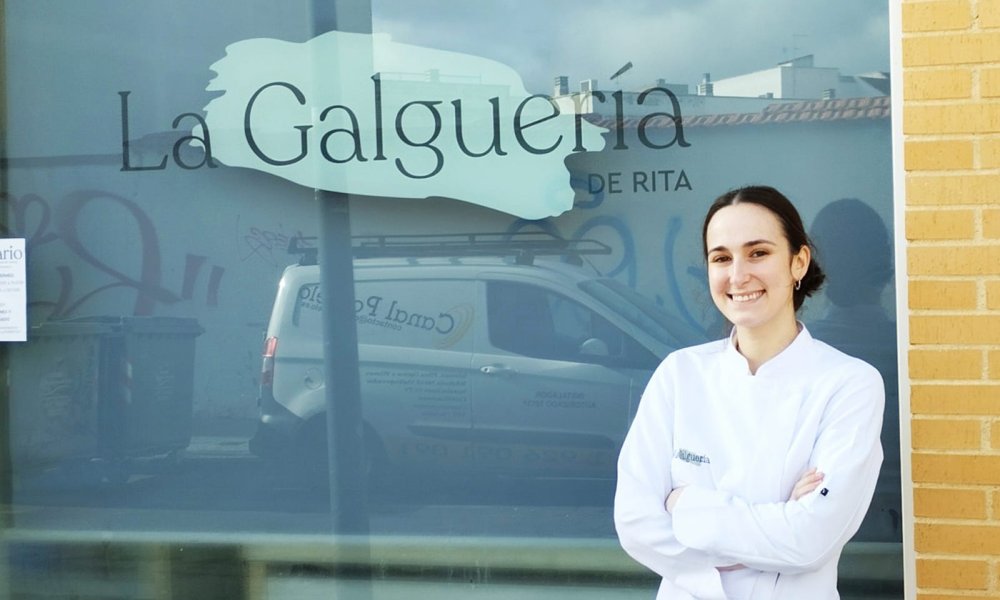 Rita, supported by Youth Business Spain
Rita, supported by Youth Business Spain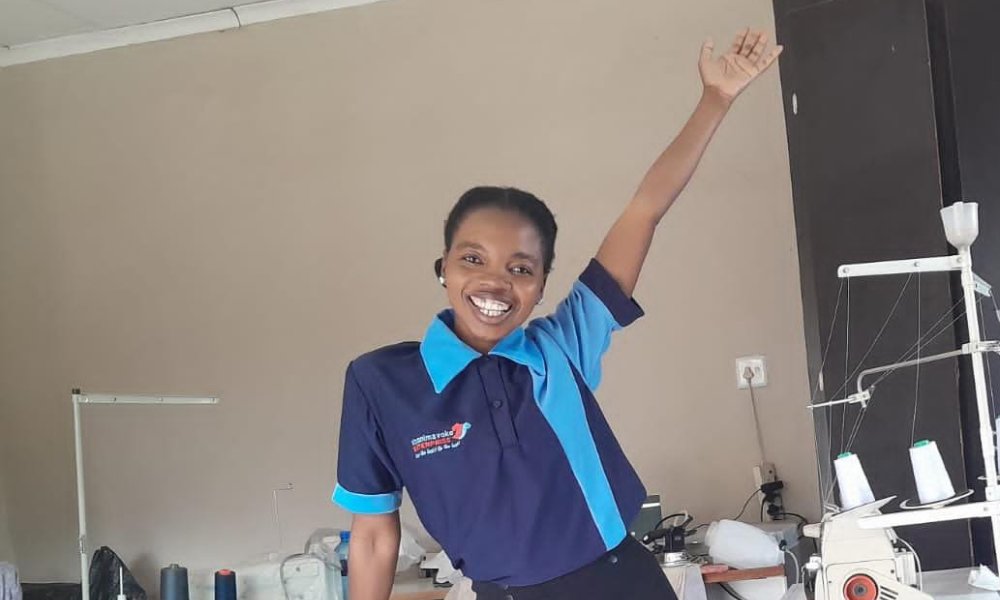 Carol, 32, supported by Fetola
Carol, 32, supported by Fetola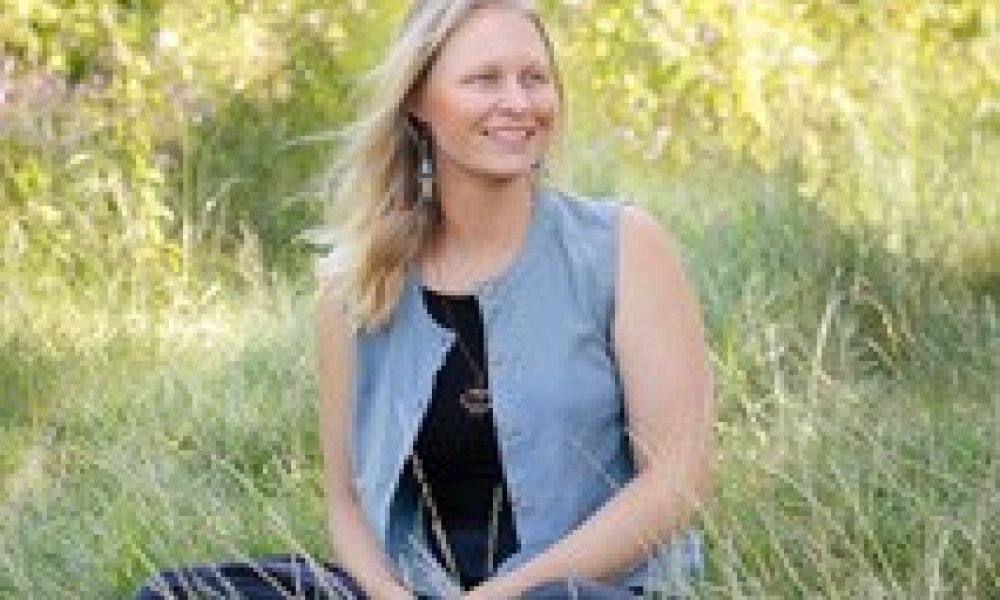 Jule, 33, supported by KIZ
Jule, 33, supported by KIZ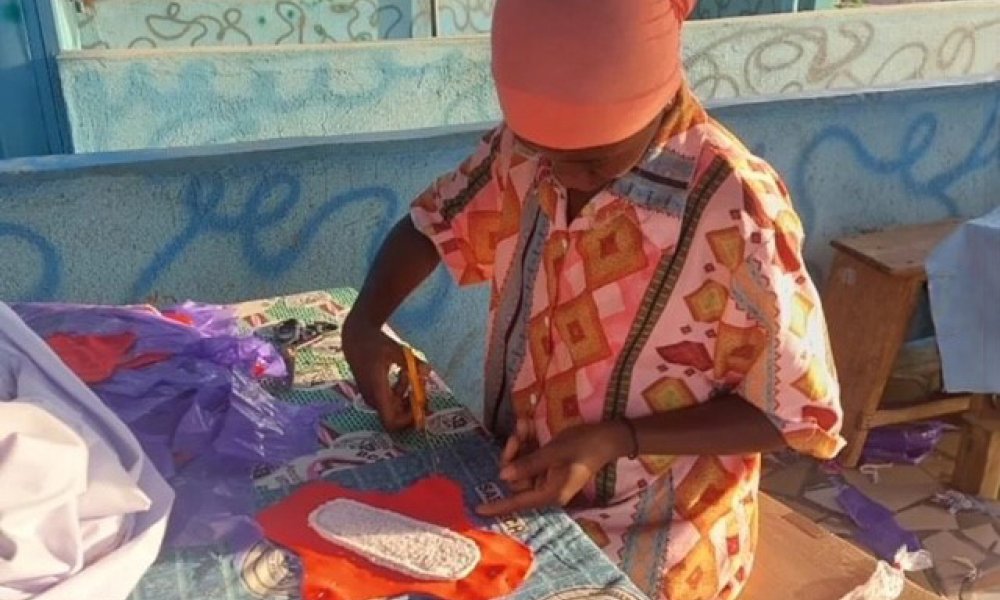 Production of eco-friendly sanitary products for Sarah’s business (Supported by Hatch)
Production of eco-friendly sanitary products for Sarah’s business (Supported by Hatch)
Delivering best practices
Each YBI member chose to deliver the toolkit training in the format that best suited their entrepreneurs’ needs. There were initial training sessions covering the four sections of the toolkit: Set a Sustainability Vision, Assess current Business Practices, (Re)Design your Business Model, and Take Action, Measure Impact.
KIZ, based in Germany, delivered the training online and they incorporated peer learning into their workshops. “Exchange occurred in breakout sessions or within the group,” says Jule, 33, founder of Relaxation as a Mission. “Through concrete tools such as the resource-efficient list for the home office, we received specific inspirations and checklists on how to operate a business more sustainably.”
A shared sustainability vision
Across the case study interviews, regardless of the entrepreneur’s location or industry, there were common themes in their sustainability goals. One key focus was improving production practices to minimise carbon footprint, source more sustainable and local materials, and generate less waste.
Rita, supported by Youth Business Spain and owner of the pastry shop Galguería, is looking to embed sustainability and local impact throughout her business. “My sustainability vision is for Galguería to be leaders in the production of artisanal pastries in the town of Miguelturra, offering high-quality, kilometre “0” products and, if possible, of agroecological origin, innovative and delicious, based on local and sustainable raw materials.” Since the training, she has opened her shop using suppliers that fit her sustainability vision and is working to reduce energy use and product waste.
Many of the entrepreneurs from the pilot have also discovered that a sustainability vision can apply to their wider business practices. Mireia, 31, is also supported by Youth Business Spain and is the owner of the creative studio Diseia. Her business has always valued sustainability but the training highlighted two new practices to incorporate. “The first is to reduce site visits and meetings with clients, that is, to promote online meetings. The second is trying to measure in each project what sustainability improvements have been carried out and what impact they have had.”
Six months on, almost all of the case studies mentioned advocating to their employees and clients for sustainable business practices.
The most important lessons from the Sustainability Toolkit
“Being sustainable has helped to reduce our costs and increase our profits. It also improved our brand image and gives us a competitive advantage.” Carol, 32, is supported by Fetola in South Africa and is the owner of clothing manufacturer Sizanimavoko Enterprise. She was pleased to learn that being sustainable can also make her business more efficient and profitable by using fabric off-cuts for additional revenue streams. “We are working towards zero waste. We make sure we use all off-cut fabrics to make pillows, masks, and bags.”
Others have found similar benefits in all areas of their businesses, from reducing digital tools and storage to switching to cheaper green energy providers. Being advocates for sustainability has provided these businesses with a more unique and attractive selling point. For example, Stella, 28, the owner of consulting firm Business Compass, says, “As a consultant for founders, I was able to share the new insights directly with other customers/founders, so they can enhance their understanding of sustainability as well.” Receiving the toolkit training through KIZ has made her consulting services more unique and forward-thinking.
Making progress six months on
It’s been inspiring to see the young entrepreneurs who have received the Sustainability Toolkit training not only incorporate the lessons into their businesses but also become instant advocates for others to consider sustainability in their consumer and business behaviour.
One business journey that perfectly represents this growth is IGEA (Investing in Girls Education in Africa), owned by Sarah who is supported by Hatch Enterprise in the UK. Her social impact business’s goal is to remove period poverty as a barrier for school-aged girls. “The toolkit emphasised the importance of circular economy principles, inspiring me to implement efficient resource usage at IGEA. Over the past six months, we have been transitioning to eco-friendly packaging for reusable menstrual products.”
What’s next for the Sustainability Toolkit
In just six months, youth-led businesses have already made significant changes including reviewing their business goals, sourcing more sustainable suppliers and improving their tech stacks and energy use. They’re still on their journey to sustainability with a clear commitment to making an impact.
“The future is now and it’s important to work together,” says Isamar, 31, from France. She received training through POSITIV that she’s applying to her textile accessories business Ikigaï. “We have only one planet, we should consider how we use the resources that we have now and not waste them.”
In the next phase of the programme, we will be training ten more enterprise support organisations (ESOs), two more YBI members and delivery partners per country, to deliver the second pilot. The original five members will provide support and assistance through peer learning exchange sessions this spring. Based on feedback from the original training sessions, YBI has been working with social entrepreneurship consultancy SoJo to produce an updated Sustainability Toolkit for pilot 2. We plan to release the final toolkit with incorporated lessons from both pilots later in the year.
Other Articles
View allNew YBI policy paper highlights strategies to de-risk youth entrepreneurship and unlock the “missing middle”
Youth Business International’s Green and Social Toolkit Accelerates Growth in Startups
The YBI network continues its international growth in 2025
Those who make it possible
View all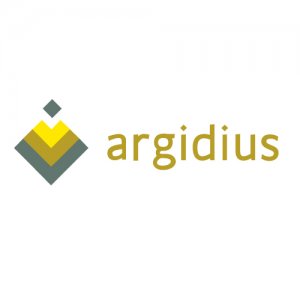
Argidius Foundation
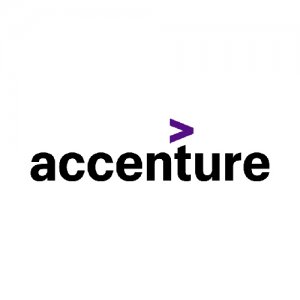
Accenture

JPMorgan Chase & Co
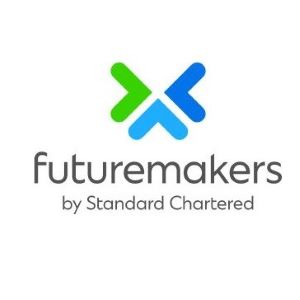
Standard Chartered Foundation
